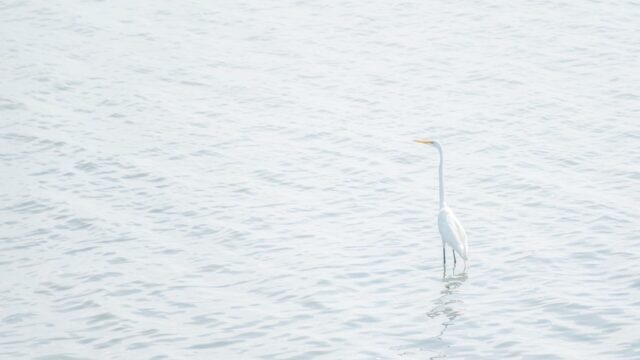Simulation
Suez Canal Crisis: National Sovereignty versus International Access to Waterways
On July 26, 1956, Egyptian president Gamal Abdel Nassar nationalized the Suez Canal, intending to take control of the canal’s operation and its revenue.

The neighboring countries of Yeeland and Grusa share a freshwater lake that is home to the Lauret crane, an endangered species and major tourist attraction. Yeeland is constructing a hydroelectric dam to provide it with a much-needed power source. However, Grusa fears the dam will affect the lake’s water levels, harming the cranes. A summit has been called with Yeeland, Grusa, the United States, the United Nations Water Convention Bureau, and the non-governmental organization Save Our Avian Resources to discuss the issue.
In this hypothetical simulation, students will take on the roles of key stakeholders as they attempt to negotiate a diplomatic solution that balances the resource needs of Yeeland and Grusa, while preserving biodiversity and the environment. The exercise will develop skills in critical thinking, collaboration, problem-solving, persuasive communication, and global competence.
126,000 animal species around the world live in freshwater habitats. Unfortunately, these species are disappearing 4-6 times faster than those living on land or in salt water. Countries must balance the use of natural resources to build strong economies with the need to preserve vital ecosystems. In cases where a freshwater source crosses national borders, countries should decide together how to use these resources, but this can be hard when two countries have different needs. How can the United States and other global leaders work to promote economic growth while conserving natural resources?
The U.S. Department of State coordinates U.S. foreign policy approaches to conserving and sustainably managing ecosystems, including the world’s water resources and the species that depend on them. It advances U.S. strategic interests through global partnerships and policies aimed at ensuring that economic growth and a healthy planet go hand in hand.
Please find below short videos from experts in the field to aid discussion and exploration of a topic.